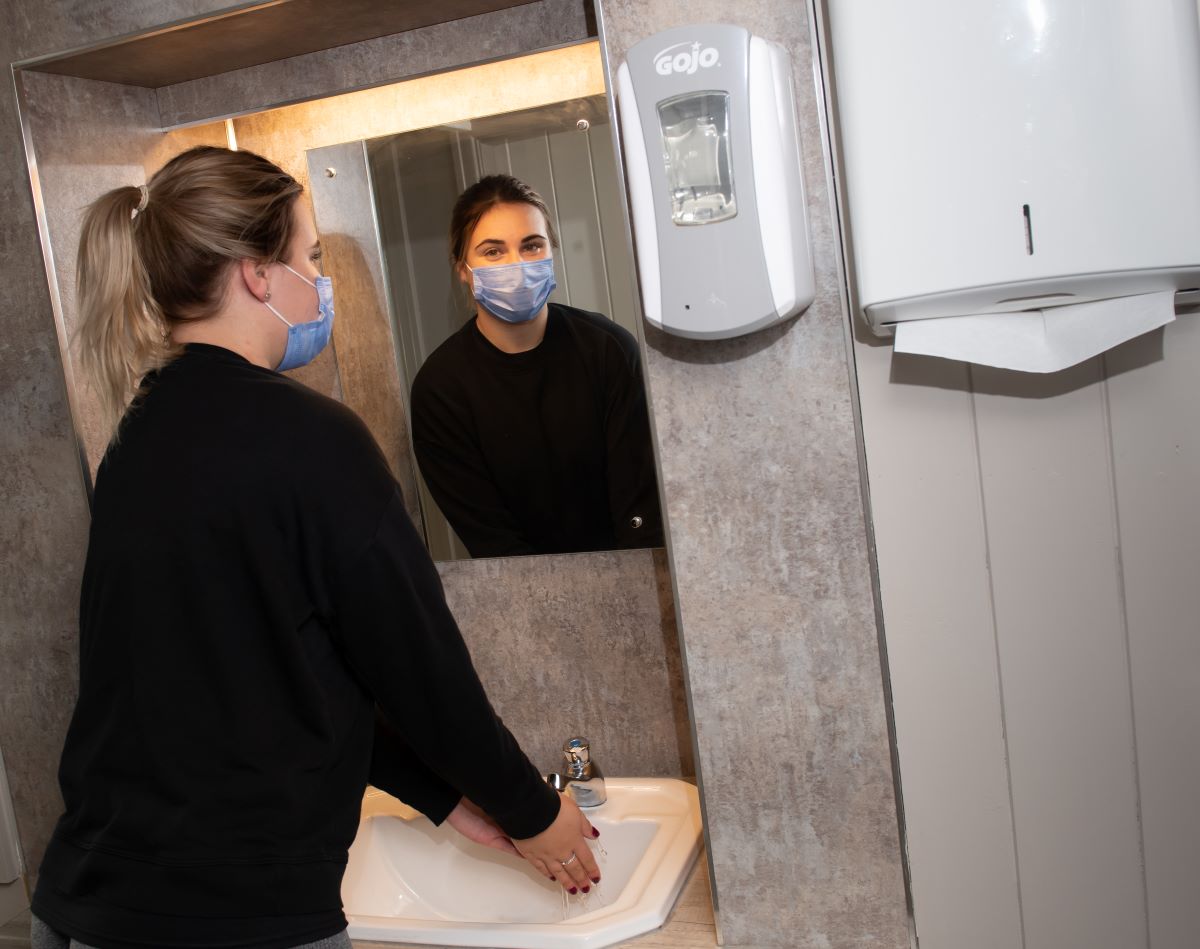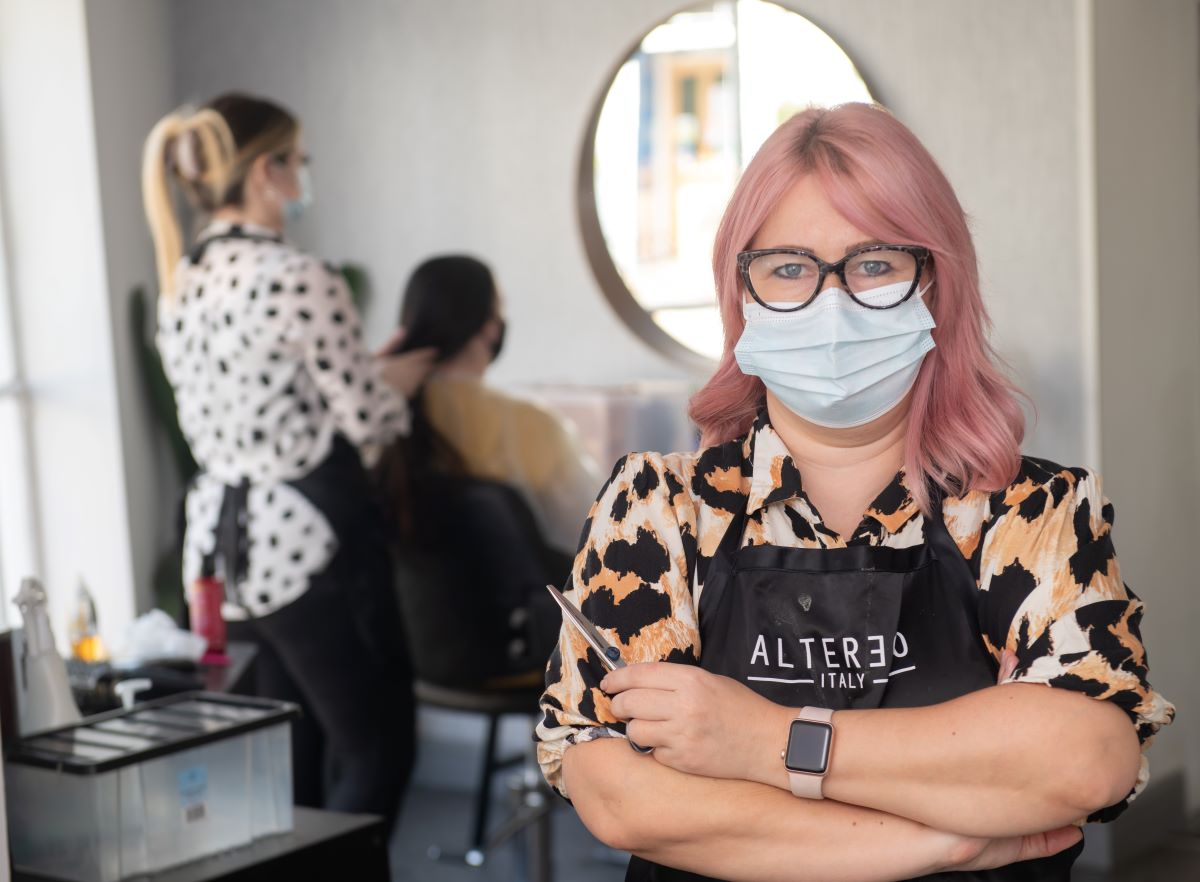Information and advice on health pandemics
Infectious diseases like the flu or coronavirus have the potential to cause a huge impact to public health. These may occur in outbreaks, epidemics or pandemics:
- an outbreak is a small but noticeable increase in the expected number of cases you would normally expect to see in a local population. This could include diseases such as measles, seasonal influenza, norovirus etc
- an epidemic is where an increase in cases happens over a larger geographical area, usually following an initial outbreak. This may be from a known virus, or the developing stages of a new virus which may become a pandemic, as most people do not have immunity
- an epidemic becomes a pandemic when it spreads to multiple countries or regions
What could happen:
- health and social care services could become overwhelmed
- vulnerable people may have to self-isolate
- businesses may be disrupted by staff shortages, supply chain issues and the closure of non-essential businesses
- social events get cancelled
What to do if there is a pandemic
Image

How to protect yourself and your loved ones against infectious diseases
- make sure your immunisations are up to date, including routine and seasonal vaccines
- follow good hygiene measures to prevent the spread - catch it, bin it, kill it
- keep a small supply of over-the-counter cold and flu medication to help relieve symptoms
- identify someone who can collect medication, food and supplies for you so you can stay at home when you are ill
- stay healthy, it is the best defence against illness – follow advice on keeping well on the NHS website - follow advice on keeping well on the NHS website
What to do during outbreaks, epidemics or pandemics
- follow public information and guidance available on the government website
- keep indoor spaces well ventilated and consider wearing a face mask in enclosed and crowded spaces to reduce transmission of airborne infections
- maintain good hygiene by washing your hands frequently with soap and water, and clean frequently-touched surfaces
- stay at home if you are unwell, and avoid contact with people who are at higher risk of severe infection
- call 111 for clinical advice if necessary
Image
Image

What to do after outbreaks, epidemics or pandemics
- keep your environment clean as viruses can live on surfaces
- be aware that infectious diseases occur in waves and it is possible for a surge of cases to occur after a decline
- monitor national and local advice
Useful contacts
For NHS 24/7 non-emergency helpline call 111 or visit the NHS 111 website.
For information about NHS services in the North East and Yorkshire visit the NHS North East and Yorkshire website and the Humber and North Yorkshire Integrated Care Board website.
If you have hearing loss, you can call 18001 111.